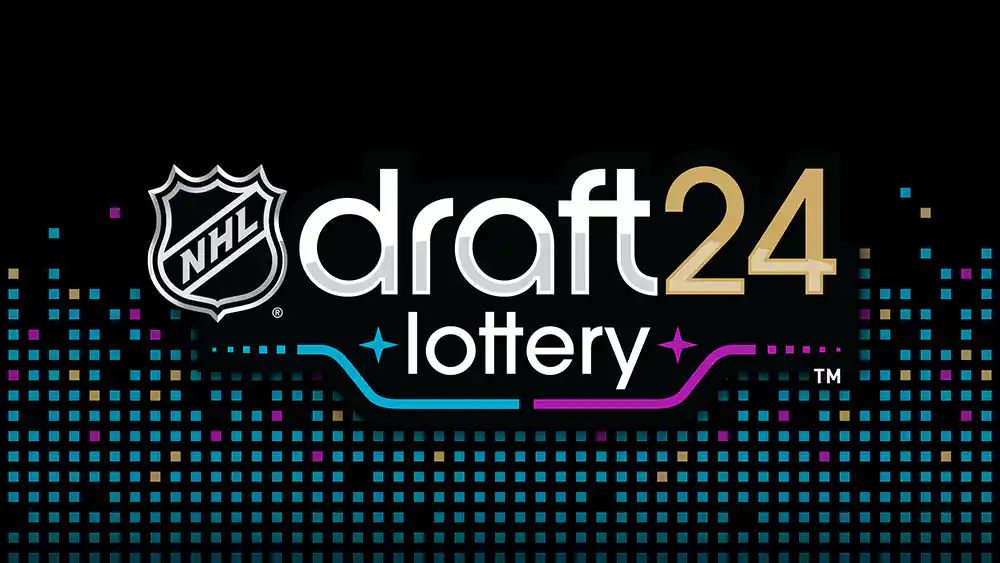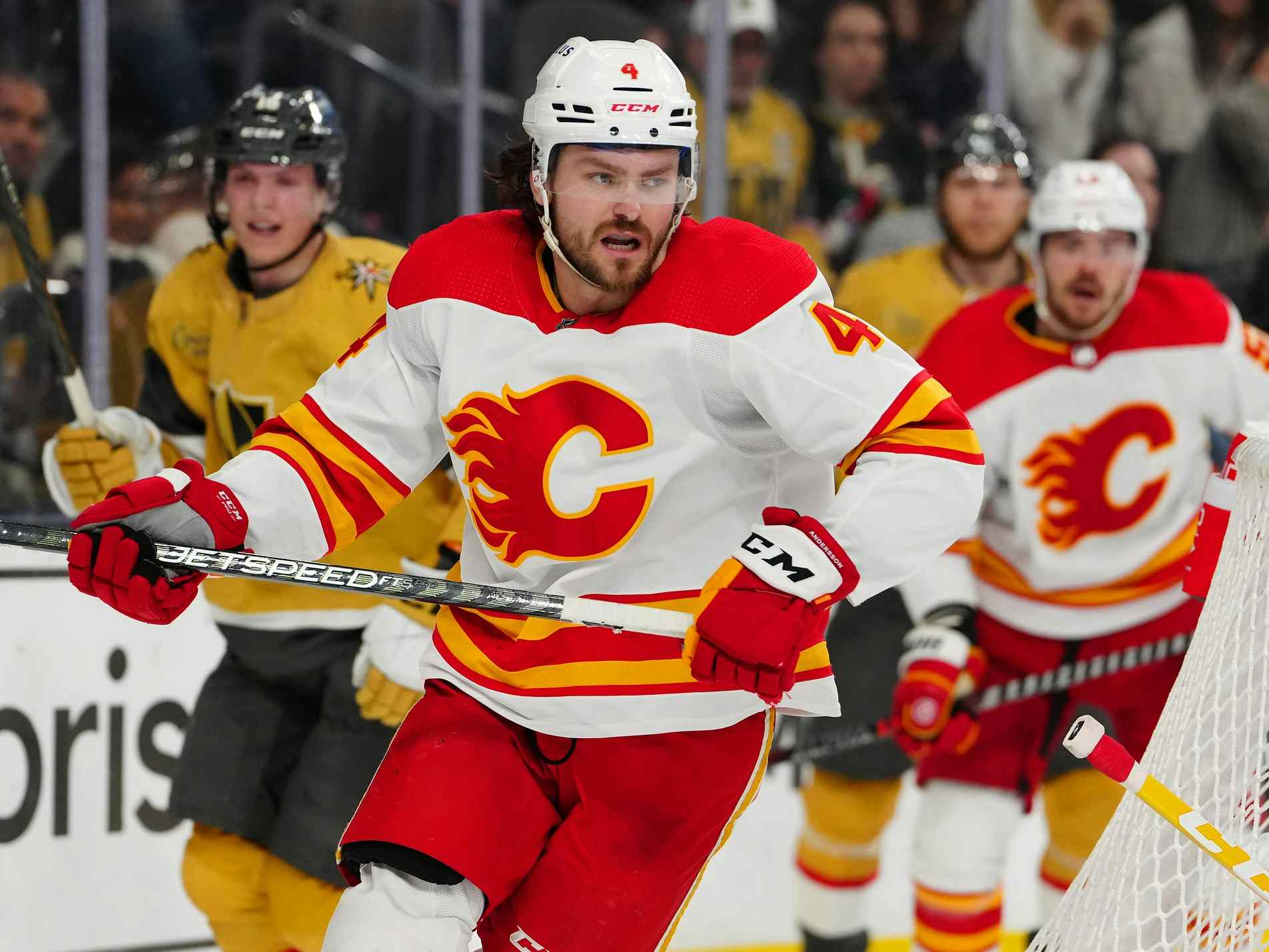Mikael Backlund is Good – I freaking told you so
By Kent Wilson
11 years agoIt isn’t terribly noble to wag your finger and say "I told you so", but I think this is an article that needs to be written. I spent all of last season doing my damnedest to defend Mikael Backlund from a growing chorus of naysayers in the Flames media and fanbase. The team was going through another disappointing season and Backlund wasn’t really contributing, at least in the most obvious ways. The 23 year old was hurt all the time and whenever he was in the line-up, the puck wasn’t going in the net for him. People in this city are highly conditioned to expect draft picks to bust, so it seemed like another failure in a long line of wasted prospects.
The counting numbers were deceiving however. Backlund’s ice time and responsibilities increased and his possession numbers remained sterling. Those are all the signs one needs to bet on a kid with a cheap contract – there’s almost no downside to keeping him, but a potential for huge upside if the percentages turn around (which they almost always do).
I haven’t taken a scientific poll or anything, but it’s clear the perceptions of Backs have mostly changed for the better this year. I know that mostly because I haven’t had to write a "Don’t Quit on Backlund" advocacy piece so far.
Backlund once again leads the team in possession (even though his zone starts have sunk to about 45%) and his PDO remains pretty low (97), but his personal SH% has bounced up to 10.1%. With that and a bit more ice time at ES and on the PP, he has 14 points in 26 games so far, a 44-point pace over a full season. In addition, his two-way game appears by eye to be even better this year, a step forward which isn’t unexpected for a guy his age.
I don’t ever expect Backlund to be a high-end point getter – the 40-some point pace he has this year is probably a good expectation going forward. Still, with that modest but decent point level it’s become far more obvious that Backlund is a very useful asset and one the team should retain going forward.
Thank goodness Feaster didn’t move him in the summer.
Other Thoughts
– It’s amazing to read the comments below Jonathan Willis’ recent piece on Mike Brown over at Cult of Hockey. Jonathan counts chances for the Oilers and he details how large of a liability Brown has been since he arrived – and is absolutely pilloried for it by most of the readers.
It’s still stunning the degree to which many hockey fans in general (as well as some analysts) believe "toughness" affects outcomes in the NHL. I’m okay with admitting there is a toughness aspect to the game, because it requires strength and a non-trivial ability to both absorb and dish pain to persist.
But the superstitious notion that a player can be terrible – can be comepletely outshot, outchanced and outscored by the opposition – and be not only a positive contributor, but a necessary member of the roster, is both fascinating and baffling to me. Even when confronted by consistent, incontrovertible evidence that players like Mike Brown are usually gross liabilities when it comes to the core aspects of the game (that is, scoring and preventing goals), the defenders of facepunchers nevertheless cling to vague notions and semi-plausible narratives about winning and roster building in the league.
Since acquiring Brown on March 5th, the Oilers have gone 8-9-3 (or a winning percentage of 40%) and their corsi ratio has been about 43% over that period (which is bottom of the league terrible). As JW shows, Brown has been grossly outplayed in aggregate despite mostly skating against other depth players. Furthermore, If you take a glance at both their underlying and counting numbers, it’s clear the Oilers’ problem is a bottom six (and blueline) filled with players who aren’t really NHL caliber given the divide between their younger stars and everyone else.
And yet, you still have comment sections screaming that Edmonton need to get tougher and that the club’s woes stem from them being a bunch of sissies.
– Let’s pull back a bit on this idea of toughness and why it seems to be an undying article of faith for some. As I mentioned, there is an inescapable element of toughness in hockey. And, in principle, being significantly tougher as a player and as a team than the opposition could lead to positive outcomes – if it’s easy to take the puck off the bad guys or if they’re scared to battle for it in the corners, then it should be easier to defeat them.
Of course, like all things in a league that features the top 0.1% of players in the world, the difference between tough guys and non-tough guys in the NHL is vanishingly small as compared to the difference between the toughest and most fragile players in any given beer league. That’s mostly because almost all of the dudes who can’t take a hit or are afraid to go into the corners are all flushed out of the league pretty much immediately (if they ever make it that far). Hockey is a tough sport all the way down the line and if you’re a guy who can’t hang around the grinders or the enforcers out of frailty or fear, then you probably don’t make a lot of scouts lists.
This theoretical effect of toughness (as well as the fact that tough guys are always fan favorites because of their role***) tends to create this odd inability for many folks to coolly and rationally analyze the contributions of replacement level grinders to winning. It’s one thing if a tough guy helps a team control the play, increase possession and move the puck in the right direction. But if he doesn’t do those things – in fact, is terrible at them – then you have to somehow assume there are other, more diffuse benefits that somehow outweigh the very obvious, very direct negatives he engenders in order to continue to believe these sorts of players are worthwhile (nay, needed! to win).
The idea that one need not evaluate players like Brown – as long as they running around trying to hurt other players – is so absurd on it’s face if given more than 5 seconds of thought it’s frankly amazing the argument is still forwarded and defended – voraciously – in some quarters. It’s one that isn’t really propounded for any other factor or role in hockey either. Nobody defends blindingly fast skaters who can’t do anything else, for instance.
– ***Just to expand on this aside – it’s notable that people in general have a hard time distinguishing "I like" from "is useful". By which I mean the things you find notable, pleasant, courageous (add superlative here) may not, in fact, have true utility in the context of the game. It’s far easier for the mind to determine what it likes since subjective appreciation tends to be a lot more visceral and reactive (as well as easy to recall), and then make up stories about why this thing is important in the aftermath.
– Related: the people who think you can reduce hockey to a simple matter of "might is right" on the ice are usually the same sorts of people who claim that hockey is far too fluid and complex to adequately capture in stats. So either the game is irreducibly complex…or you can favorably improve a club by simply adding a few tough guys. It really can’t be both.
– On that note, Tim Jackman is a guy who should be held up as one of the few marginal fourth line players who can bang bodies, drop the gloves, but still contribute as a hockey player. He’s not going to win many shoot outs or go end-to-end any time soon, but he has always put up decent enough possession numbers (this year too) that suggest he’s not going to cost the Flames goals and wins, which is what should be asked of guys at the end of the roster.
He apparently had a great game on Satruday and I’m glad he’s a Flame. You can do a lot worse when it comes to facepunchers in this league.
Recently at FlamesNation
Recent articles from Kent Wilson





